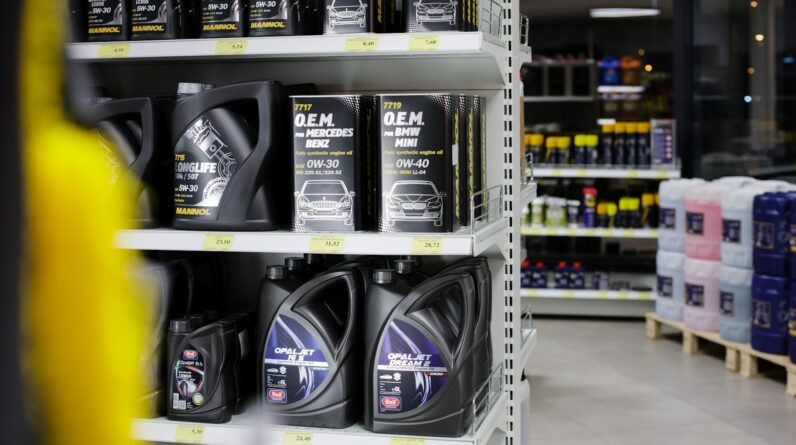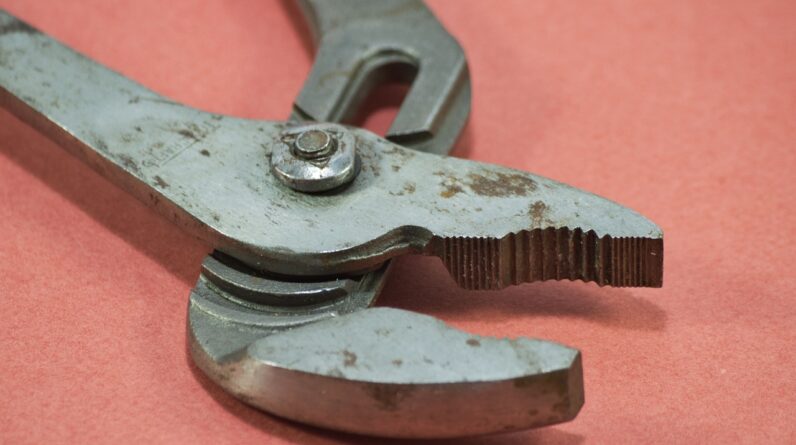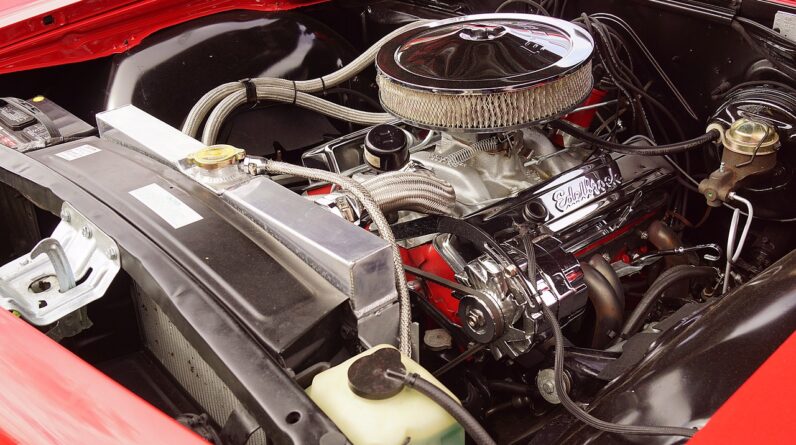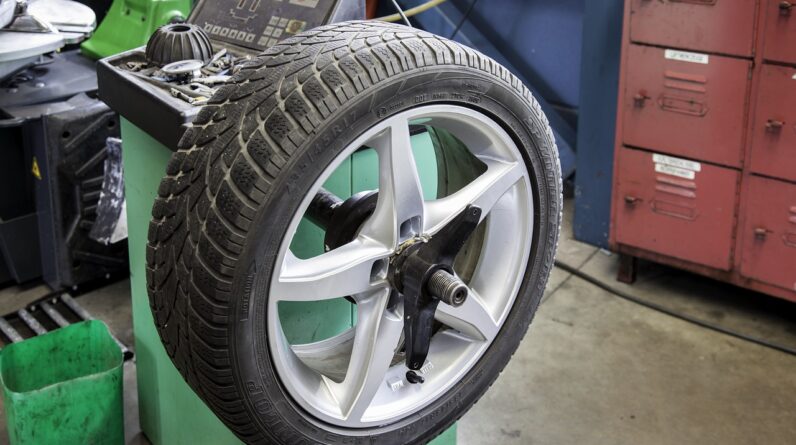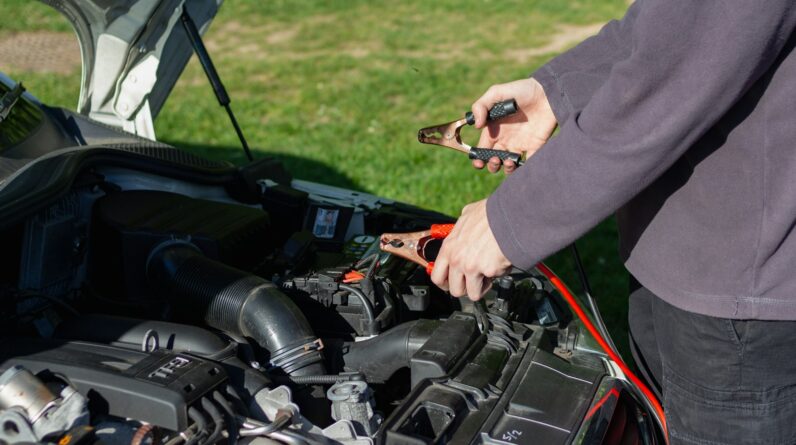
Expert Advice on Routine Car Maintenance: Extend your car’s life and save money with these essential maintenance tips. Learn how to keep your vehicle safe and efficient.
Have you ever wondered what it takes to keep your car running smoothly and efficiently? Routine car maintenance is more than just a periodic oil change or an occasional tire rotation; it’s a comprehensive approach to ensuring your vehicle stays in top condition for as long as possible.
Importance of Routine Car Maintenance
Routine car maintenance is crucial for a host of reasons. Not only does it prevent potential costly repairs, but it also extends the life of your vehicle. In addition, maintained cars generally have better fuel efficiency and enhanced safety features. Let’s explore some key aspects of routine car maintenance.
Longevity of Your Vehicle
By consistently attending to your vehicle’s needs, you significantly increase its longevity. Think of it as caring for your health; regular check-ups can prevent serious issues from developing. Similarly, regular maintenance can help avoid major breakdowns.
Cost Savings
Yes, maintenance can sometimes be an out-of-pocket expense, but it’s an investment worth making. Regular servicing prevents expensive emergencies, saving you money in the long run. Catching issues early often means they’re easier and cheaper to fix.
Improved Safety
Routine checks on essential components like brakes, tires, lights, and steering ensure you’re driving a safe vehicle. A well-maintained car is much less likely to cause accidents, providing peace of mind as you travel.
Basic Routine Maintenance Tasks
Though a professional mechanic can handle more intricate tasks, there are several basic routines that you can—and should—do yourself. Let’s break these down for greater clarity.
Oil Changes
One of the simplest yet most crucial maintenance steps is changing your engine oil. Oil lubricates the engine’s components, reducing friction and preventing overheating. It’s generally recommended to change the oil every 3,000 to 5,000 miles, although this can vary based on your vehicle’s make and model.
Tire Care
Your tires are the only part of your vehicle that touch the road, making their maintenance a high priority. Regularly check tire pressure and tread depth. Additionally, rotating your tires every 6,000 to 8,000 miles ensures even wear, prolonging their life.
| Task | Frequency |
|---|---|
| Check Pressure | Monthly |
| Check Tread | Monthly |
| Rotate Tires | Every 6,000-8,000 miles |
Brake Inspections
Brakes are a critical safety feature of your car. Checking brake pads and discs for wear and tear should be done regularly. If you notice any squeaking or reduced braking efficiency, it’s essential to get them inspected by a professional.
Fluid Levels
Keeping an eye on fluid levels—including coolant, brake fluid, transmission fluid, and windshield washer fluid—is vital for a smoothly operating vehicle. Checking these once a month should suffice.
| Fluid | Frequency |
|---|---|
| Engine Oil | Monthly |
| Coolant | Monthly |
| Brake Fluid | Monthly |
| Transmission Fluid | Monthly |
| Windshield Washer Fluid | Monthly |
Battery Maintenance
Make sure your battery terminals are clean and free of corrosion. Batteries usually last around three to five years, but it’s good practice to test them annually to ensure they’re holding a charge.

Seasonal Maintenance Tips
Your car’s needs can change with the seasons. Understanding what maintenance steps are essential for different times of the year can help you better prepare for any weather.
Winter Maintenance
Cold weather can take a toll on your vehicle, making winter-specific maintenance essential. Check antifreeze levels and ensure your wiper blades are suitable for snow and ice. Consider switching to winter tires for better traction.
Summer Maintenance
High temperatures can cause engine overheating and tire blowouts. Make sure your air conditioning is in good working order and check the cooling system. Regularly inspect your tires for any signs of wear and tear, as heat can exacerbate minor flaws.
Advanced Routine Maintenance
Beyond the basic tasks, there are more advanced maintenance steps best handled by professionals. These ensure that every part of your vehicle is in optimal condition.
Timing Belt Replacement
The timing belt is crucial for the internal combustion engine. Generally, it’s good practice to replace it every 60,000 to 100,000 miles, depending on your car’s specifications. A faulty timing belt can lead to severe engine damage.
Spark Plugs and Wires
Spark plugs and wires play a vital role in engine performance. Over time, these can wear out, causing misfires and a drop in fuel efficiency. Mechanics recommend checking and replacing them around every 30,000 miles.
Checking the Exhaust System
Your car’s exhaust system should be inspected for leaks, which can cause harmful emissions to enter the cabin. Regular inspections ensure this system is effectively channeling out exhaust gases and helping your engine run efficiently.

Common Myths About Car Maintenance
There are plenty of misconceptions about car maintenance, and it’s essential to separate fact from fiction to care for your vehicle correctly.
Myth: Premium Gasoline Improves Performance
Unless your car specifically requires premium gasoline, it’s unlikely to benefit much from it. Most cars are optimized for regular unleaded gasoline.
Myth: Warm-Up Time in Winter
Modern vehicles don’t need more than a minute to warm up, even in cold weather. Extended idling is generally unnecessary and wastes fuel.
Myth: Routine Maintenance is Always Expensive
A common misunderstanding is that regular maintenance costs a lot of money. In reality, the expenses incurred during routine checks and minor fixes pale compared to significant repairs resulting from neglect.
Maintenance Schedule
Establishing a maintenance schedule helps ensure that no aspect of your car’s upkeep is overlooked. I find that organizing tasks into different intervals makes everything more manageable.
Monthly Checks
- Inspect tire pressure and tread
- Check all fluid levels
- Examine lights and wipers
Every 3,000 to 5,000 Miles
- Change engine oil and filter
- Inspect and potentially replace air filter
Every 6,000 to 8,000 Miles
- Rotate tires
- Check brake pads and rotors
Annually
- Perform a comprehensive battery test
- Inspect the exhaust system
- Thorough inspection of alignment and suspension
| Maintenance Task | Frequency |
|---|---|
| Inspect tire pressure | Monthly |
| Check fluid levels | Monthly |
| Change engine oil | Every 3,000-5,000 miles |
| Rotate tires | Every 6,000-8,000 miles |
| Battery test | Annually |
| Inspect exhaust system | Annually |

Choosing the Right Mechanic
Finding a reliable mechanic is just as vital as adhering to a maintenance schedule. Here’s what to consider when choosing one:
Certification
Look for mechanics with certifications from recognized organizations such as the National Institute for Automotive Service Excellence (ASE). This ensures a standard level of skill and knowledge.
Reviews and Recommendations
Online reviews and personal recommendations are invaluable. They provide real-world insights into the quality of service you can expect.
Warranty and Cost
Be sure to inquire about warranties on repairs and service costs. Transparency in pricing and a solid warranty indicates a trustworthy mechanic.
DIY vs. Professional Maintenance
Some people prefer doing maintenance tasks themselves, while others would rather leave it to the experts. Both approaches have their merits.
DIY Maintenance
Handling maintenance yourself can save money and give you a better understanding of your vehicle. However, make sure you’re equipped with the right tools and knowledge to avoid causing unintentional damage.
Professional Maintenance
Enlisting the help of professional mechanics ensures that complex issues are correctly identified and fixed. They come with the experience and tools necessary for intricate tasks that go beyond basic maintenance.
Signs Your Car Needs Immediate Attention
Recognizing early warning signs can prevent major issues from developing. Here are some symptoms that need immediate attention:
Unusual Noises
Strange sounds from your engine, brakes, or exhaust can indicate something is wrong. Ignoring these can lead to costly repairs down the line.
Fluid Leaks
Fluid stains under your car should never be ignored. Leaks could indicate problems with the oil, coolant, or transmission fluid, which need immediate attention.
Check Engine Light
The check engine light is a clear sign that something needs to be looked at. While it might be something minor, it’s better to have it diagnosed by a professional to avoid prolonged damage.
Decreased Fuel Efficiency
If you notice a sudden drop in fuel efficiency, it could mean there’s an underlying issue affecting your engine’s performance. This is often an easy fix if caught early.
Maintaining a Detailed Log
Keeping a detailed log of all maintenance work done on your car can be incredibly helpful. Not only does it provide a clear record for future reference, but it can also increase your vehicle’s resale value.
What to Include
- Date and mileage of service
- Description of the service performed
- Parts replaced or repaired
- The mechanic or shop that performed the work
FAQs on Car Maintenance
How often should I get my car serviced?
It largely depends on your car’s make, model, and how you use it. A good rule of thumb is every 12,000 miles or annually, whichever comes first. However, always refer to your vehicle’s manual for specific guidelines.
What should I do if my car overheats?
Pull over immediately and turn off the engine to prevent further damage. Wait for the engine to cool down before checking the coolant level. If you’re not comfortable doing this, call for roadside assistance.
Is it necessary to use synthetic oil?
While synthetic oil offers benefits like better performance and longer intervals between changes, it’s not always necessary for all vehicles. Check your car’s manual to see what type of oil is recommended.
Can I replace my brake pads myself?
If you have the necessary tools and a basic understanding of car mechanics, you can replace your brake pads yourself. However, if you’re unsure, it’s better to leave this to a professional to ensure safety.
Tools to Have in Your Car
Having some essential tools and supplies in your car can make a big difference when dealing with minor issues or emergencies.
Basic Toolkit
A basic toolkit should include a set of screwdrivers, pliers, wrenches, and a socket set. These can handle many minor repairs and adjustments.
Emergency Supplies
Always have a first-aid kit, flashlight, and jumper cables in your car. Additionally, carrying a portable air compressor and tire patch kit can help you handle unexpected flat tires.
Fluids
Keep a small supply of essential fluids like engine oil, coolant, and windshield washer fluid. These can be lifesavers if you run low unexpectedly.
Environmental Responsibility
Maintaining your car isn’t just about performance and safety; it also impacts the environment.
Proper Disposal of Fluids
Never dispose of automotive fluids (oil, coolant, etc.) improperly. Many auto parts stores and service centers have recycling programs for these fluids.
Regular Emissions Tests
Regular emissions tests can help ensure your car is running cleanly. Keeping an eye on your exhaust system helps maintain better air quality and comply with environmental regulations.
Driving Habits
Adopting eco-friendly driving habits like smooth acceleration and braking, maintaining steady speeds, and reducing idling can help improve fuel efficiency and reduce emissions.
In conclusion, routine car maintenance is an essential aspect of vehicle ownership that shouldn’t be overlooked. By keeping up with regular checks and addressing issues promptly, you can ensure your car remains reliable and safe for years to come. Whether you choose to handle some tasks yourself or rely on professional mechanics, the goal is to stay committed to a maintenance schedule that keeps your car in peak condition.


